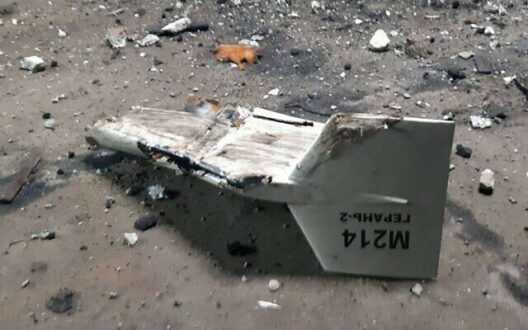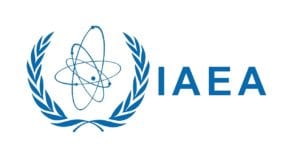iranintl – Iran has imported at least $10 million worth of drone engine parts over the course of two months from countries including China, Turkey, the UAE, Germany, and even the US despite global sanctions.
Data from Iran’s customs organization, analyzed by Iran International, showed that several items listed under a US advisory guide were imported in the first two months of the current Iranian year, which began on March 20.
Earlier this month, the US issued an advisory to alert the public about the threat posed by Iran’s procurement, development, and proliferation of unmanned aerial vehicles (UAVs).
Given Iran’s dependence on foreign procurement for items it cannot produce domestically, specific trade product codes were identified by the US so that “exporters, manufacturers, distributors, and financial institutions” avoid unintentionally contributing to Iran’s UAV programs. Among these codes is 840710, which pertains to aircraft spark-ignition reciprocating or rotary internal combustion piston engines.
The Islamic Republic’s customs report indicated that between late March and May 2024, approximately $10 million worth of goods with this code were imported from China, Hong Kong, Thailand, Germany, the UAE, Russia, Turkey, Italy, the US, Qatar, and Oman.
Following Iran’s significant transfer of lethal drones to Russia starting in mid-2022, sanctions have been imposed by the US, UK, and EU against Iranian individuals and entities involved in the UAV supply chain, as a violation of UN Security Council Resolution 2231.
In February, hackers revealed that Iran was receiving gold from Russia as partial payment for the drones.
The hackers breached the Iranian Revolutionary Guard Corps (IRGC) email servers, uncovering data on the sale of Shahed drones to Russia via a front company, Sahara Thunder.
In April, the US Treasury, in coordination with the UK and Canada, targeted Sahara Thunder, accusing it of supporting the IRGC and Russia’s war in Ukraine. The Treasury highlighted Sahara Thunder’s pivotal role in designing, developing, manufacturing, and selling thousands of drones, many of which were transferred to Russia.
Additionally, the Treasury targeted Sahara Thunder’s leadership and shipping network, facilitating the sale and shipment of Iranian commodities to China, Russia, and Venezuela.
The sanctions followed Israel’s call for international support after Iran’s direct assault in April, which involved over 300 missiles and drones launched from Iran, most of which were intercepted by Israel and its allies.
Tehran asserted that the attack was a retaliation for an Israeli airstrike on its consulate in Syria on April 1, which resulted in the deaths of IRGC commanders.
Additionally, after Tehran’s attack, the EU expanded its sanctions on Iranian drone and missile producers, complementing existing measures against Iran for selling drones to Russia for use in the Ukraine conflict.
Furthermore, Iran’s exports are not limited to Russia. It has reportedly provided weapons technology to militant groups in the region, such as the Houthis.
Since November, the Houthis have utilized Iranian-provided missiles and drones to target commercial vessels in the Red Sea, an essential artery for global trade. Initially triggered by the Israeli military operations in Gaza, these attacks have significantly disrupted maritime commerce in the area.
The Houthis’ offensive in the Red Sea commenced following a directive from Iran’s Supreme Leader, Ali Khamenei, urging Muslim nations to obstruct Israeli trade routes.
 Shabtabnews In this dark night, I have lost my way – Arise from a corner, oh you the star of guidance.
Shabtabnews In this dark night, I have lost my way – Arise from a corner, oh you the star of guidance.



